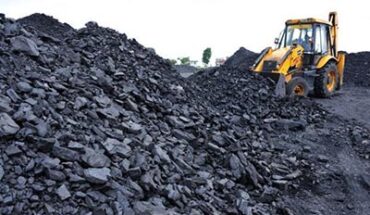New Delhi: India’s services sector remained in contraction territory for the third straight month in July, as business activity, new orders and employment declined further largely due to the Covid-19 pandemic and local restrictions, a monthly survey said.
The seasonally adjusted India Services Business Activity Index rose from 41.2 in June to 45.4 in July, but was stuck in the red due to subdued demand conditions amid the Covid-19 crisis.
In Purchasing Managers’ Index (PMI) parlance, a print above 50 means expansion, while a score below 50 denotes contraction.
“The current Covid-19 environment continued to weigh on the performance of the service sector that is so crucial to the Indian economy. July data was somewhat disappointing, with incoming new business and output falling solidly over the month, but there was at least a slowdown in rates of contraction,” Pollyanna De Lima, Economics Associate Director at IHS Markit,
said.
Looking ahead, firms were pessimistic about the 12-month outlook for output for the first time in a year.
“Uncertainty over when the pandemic will end, as well as concerns about inflationary pressures and financial troubles, dampened business confidence in July. Service providers were pessimistic towards the outlook for business activity for the first time in a year,” Lima said.
In line with sustained falls in new work, there was a further reduction in service sector jobs during July.
Employment contracted for the eighth consecutive month, albeit at a moderate pace that was slower than that seen in June. Another factor weighing on jobs was an overall view that business activity will decline over the course of the coming 12 months.
“Companies were pessimistic for the first time in a year. The downbeat assessment for output stemmed from concerns over the pandemic, margins and inflation,” the survey noted.
Meanwhile, the July data pointed to a third consecutive monthly decline in Indian private sector activity. The Composite PMI Output Index, which measures combined services and manufacturing output, rose from 43.1 in June to 49.2 in July, but remained in the contraction territory.
On the inflation front, the latest data also pointed to an intensification of inflationary pressures across the sector.
Survey participants reported higher prices paid for a wide range of items such as fuel, medical equipment and raw materials. The overall rate of inflation quickened from June and outpaced its long-run average. Output charges also rose at quicker pace in July.
Experts believe, amid fears of a third wave of coronavirus pandemic and hardening of retail inflation, the Reserve Bank is likely to maintain status quo on interest rate and watch the developing macroeconomic situation for some more time before taking any decisive action on monetary policy.AGENCIES
Attachments area





